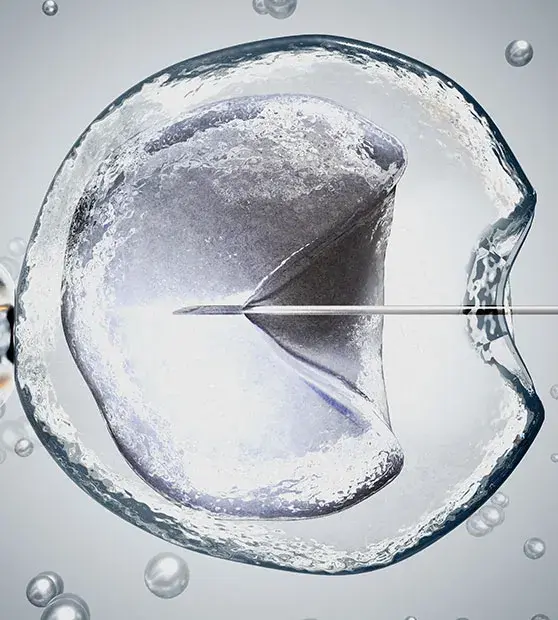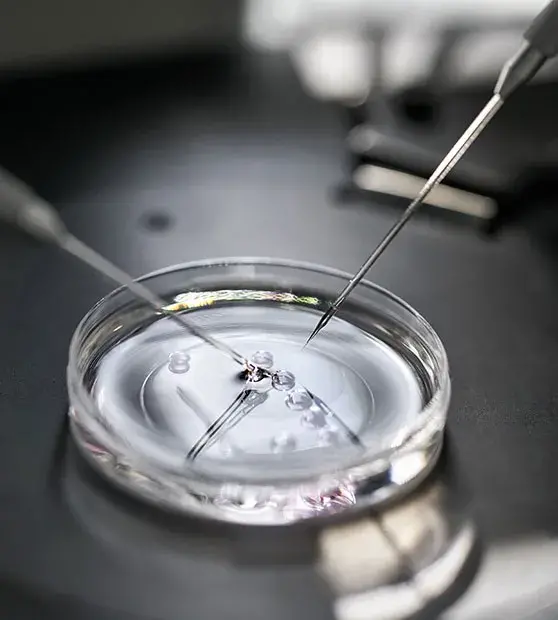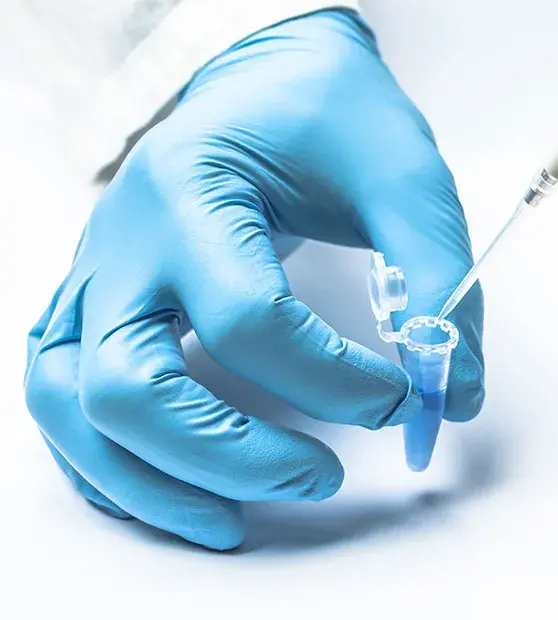Vitamin D deficiency
Vitamin D deficiency refers to the condition when the body does not have enough vitamin D to stay healthy. Vitamin D present in the body helps to absorb calcium which is the primary building block of bone. It also plays an important role in the nervous, muscle, and immune systems.
What are the symptoms of vitamin D deficiency?
Most people have no symptoms of vitamin D deficiency. However, people with severe vitamin D deficiency may experience pain and weakness in the bones, and frequent infections.
How to prevent vitamin D deficiency?
Moderate sun exposure helps to get the optimum vitamin D levels. The amount of vitamin D a person receives from sun exposure depends on certain factors, and they are:
- Time of the day.
- Skin color (Pale skins make vitamin D quickly compared to darker skins).
- The amount of the skin exposed to the sun.
Apart from this, vitamin D is available only in limited natural sources. They include fatty fishes like salmon, tuna, mackerel, beef liver, cheese, mushrooms, egg yolks, etc. Therefore, many foods are fortified with vitamin D. For example, dairy products, orange juice, breakfast cereals, and infant formula.
What is the role of vitamin D in influencing the chance of pregnancy?
Vitamin D is an emerging factor that influences fertility. According to the studies, lack of vitamin D often reduces the pregnancy rates in women undergoing IVF. The study also showed that adequate vitamin D levels result in good quality egg production and successful embryo implantation than in vitamin D deficient women. The ovarian reserve is significantly lower in women who are deficient in vitamin D.




